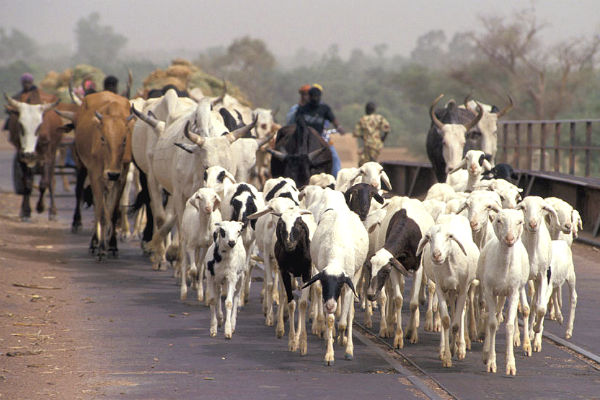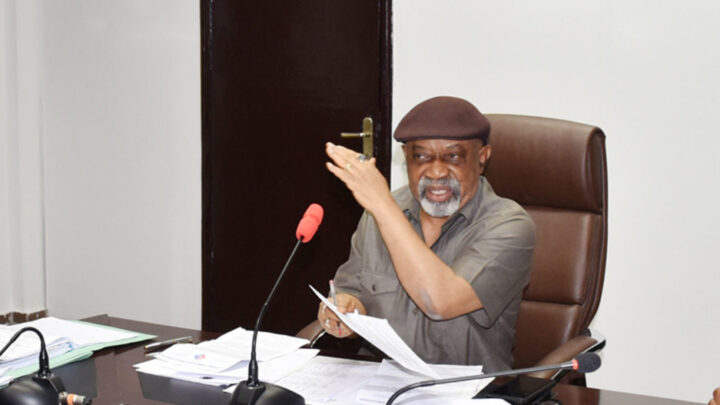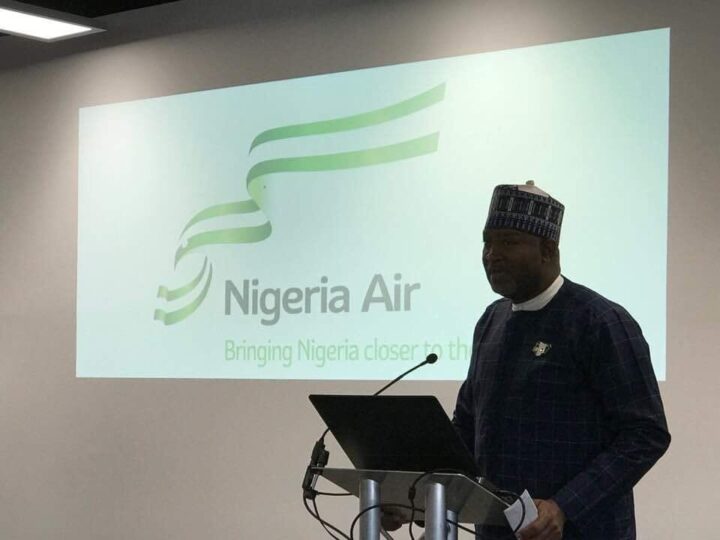Matters of volatile quality require statecraft. That which is necessary may not be expedient or practicable under certain circumstances. And it takes statesmanship to discern the feasible moment for applying needed policy prescriptions. Issues of state are delicate – and with a country like Nigeria they are volcanic.
When a decision which affects a distinct group is taken by political leaders without consultation and without the exhaustion of the process of dialogue and conciliation that resolution is subject to be interpreted as prejudiced. And most importantly, when the decision involves the dislocation of a people from an age-long livelihood, statesmanship is imperative.
Open grazing is no longer salubrious — both for cattle, man and the climate. Herding cattle from place to place is an anachronistic practice that is best suspended in the past. Nomadism does not belong in the present or in the future of Nigeria. We have to evolve beyond this outmoded method of rearing animals.
However, as I said in a 2018 article we must realise that for the Fulani, nomadism is not just an economic alternative, but a sacerdotal pursuit. Compelling them to discard their hallowed endeavour without an economic surrogate is tad insensitive.
Advertisement
At the acme of the farmer-herder crisis in 2018, the federal government unfurled the National Livestock Transformation Plan (NLTP). The plan was anchored to six viable stanchions — economic investment, conflict resolution, law and order, humanitarian relief, information education and strategic communication, and cross-cutting issues.
The economic investment angle ‘’will support and strengthen the development of market-driven ranches in pilot states for improved livestock productivity through breed (genetic) improvement and pasture production, in addition to efficient land and water productivity’’. With the plan, the government aims to build trust and confidence among local communities through its conflict resolution plank.
It also aims at preserving law and order by the ‘’strengthening of legal frameworks for improving livestock production, peace and harmony’’ while through humanitarian relief it seeks to rebuild and reconstruct common facilities (worship places, markets and individual homes that have been destroyed).
Advertisement
In addition, the plan is designed to ‘’aid information, education and strategic communication on the development of grazing reserves in the frontline states, and mitigate the consequences of these conflicts such as wanton loss of lives, destruction of properties, including schools and facilities’’.
But when the national livestock plan was launched, instead of winning support it was roundly repudiated by most governors in the south. The plan was submerged in a fractious controversy and politically poisoned. Some governors of the south-east, in particular, publicly rejected the plan while some toxified the purpose of the initiative and dubbed it an insidious attempt by the federal government to ensconce Fulani hegemony in the country.
Here is what the International Crisis Group says about the programme: ‘’The new plan represents Nigeria’s most comprehensive strategy yet to encourage pastoralists to switch to ranching and other sedentary livestock production systems. Modernising the livestock sector is key to resolving the herder-farmer conflict, which threatens Nigeria’s political stability and food security’’.
The group recommends that ‘’federal and state authorities, working with donors and investors, should prioritise securing funds, training personnel and communicating the plan’s benefits to herders and farmers. Making progress on pilot ranches, donor commitments and staff training before the 2023 election, and ensuing change of administration, may help preserve the plan’s post-election viability’’.
Advertisement
But why are some governors in the south not persuaded by the plan? Some have openly declared, ‘’no land for ranching in our state’’. A few days ago, governors of the south converged and resolved to ban open grazing. This is while they are yet to implement the plan that will resolutely address open grazing.
The governors (some of them though) blackball the national livestock plan, and they also oppose open grazing; how then do we make progress? This is one of the reasons the resolution of the states to ban open grazing in the region flagellates sentiments of ethnic targeting. How could you settle to ban an enterprise without laying out a substitute? Although the security of the region is at the core of the governors’ decision, summarily determining the fate of other Nigerians without consideration of the associated economic and social perils is not prudent.
By dint of being Nigerians, the Fulani herders (not foreign nomads) have protection under the law. They are free to do their business anywhere in the country. They must be factored in the decisions of any state in the country. And as long as some states dither in implementing the national livestock plan, I do not think it is fitting to ban open grazing. All Nigerians should matter.
Also, if the Fulani will ranch cattle; they must be educated as to the whys and wherefores of it. They must also be allowed to shed the old tradition and to assimilate a new one. As it is, herdsmen have become a pariah in the country. We must take a wholesome approach to addressing insecurity and its concomitants.
Advertisement
Governors – north and south – do not need to work at cross purposes and according to regional bearings. Loyalty should be to Nigeria as a whole primarily, and the states secondarily.
All Nigerians should matter.
Advertisement
By Fredrick ‘Mr OneNigeria’ Nwabufo
Twitter @FredrickNwabufo
Advertisement
Advertisement







